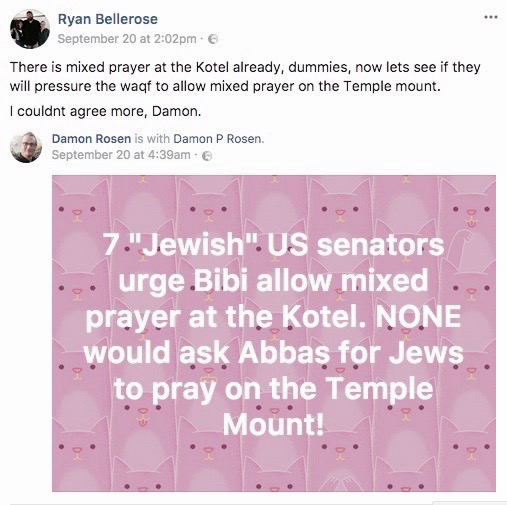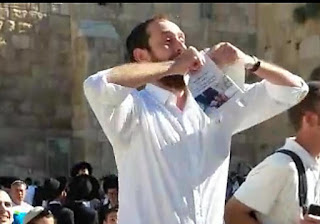This season's topic suggestion from Jay Cassels was too emotionally charged for me to work with publicly. So I decided to take a different approach. I turned to a tarot spread developed by Carolyn Cushing to gain insight into how best to navigate this season. This reading allowed me to explore what sacred path I should follow, which contemplative practices would aid me on my journey, and which attitudes and behaviors would be most beneficial in undertaking these practices at this time.
To perform this reading, I divided my tarot deck into three piles: one containing the Majors and the Aces, another containing the other Number cards, and the last one containing the People cards. I shuffled each pile separately and drew one card from each to answer the following questions:
1. What sacred path would best serve me this season?
The card drawn for this question was 5 - THE TEACHER. The image suggests embracing a mindset of continuous learning and growth. It encourages me to seek guidance by spending time contemplating nature, engaging in introspection, and learning to trust my insights. This season, the focus should be on personal development, embracing lessons from life experiences, and cultivating a deeper understanding of myself as well as a sense of oneness with creation.
2. What contemplative practice will help me move along this pathway?
The card drawn for this question was THE TEN OF EARTH, which symbolizes reflection on the cyclical changes of the seasons, ancestral wisdom, and my own legacy. It suggests engaging in practices that foster introspection and connection with my roots, both ancestral and experiential. Reflecting on the cyclical nature of life, honoring traditions, and contemplating the impact of my deeds on future generations can provide insights and a sense of purpose.
3. What attitudes and behaviors will be most helpful in undertaking this practice?
The card drawn for this final question was THE EXPLORER OF AIR, which represents curiosity, courage, and mental clarity. This season calls for achieving a mindset of openness to new perspectives and a willingness to explore different paths. By cultivating a sense of curiosity and embracing uncertainty, I will be able to navigate challenges with resilience and creativity. Focusing on my highest values and rising above negative thought patterns will be necessary to foster personal growth and self-awareness.
Since I chose to use The Gaian Tarot for this reading, it's no surprise that the reading emphasized spending time in nature as a way to experience this season. I've shifted from Carolyn's more mystical interpretations to more practical ones that can help me in personal development. This reading reminds me to reconnect with the natural world, learn from it, and trust in my own inner wisdom. Somehow, awareness of nature will go hand in hand with self awareness. I will reflect on how to develop resilience. As the season unfolds, I will keep these insights in mind and strive to walk the sacred path of learning and contemplation.
If you ever find yourself wondering about the season ahead, perhaps a tarot reading like this one can provide you with the guidance and clarity you seek.
Click on the links below to read posts from other participants in the Tarot Blog Hop!








